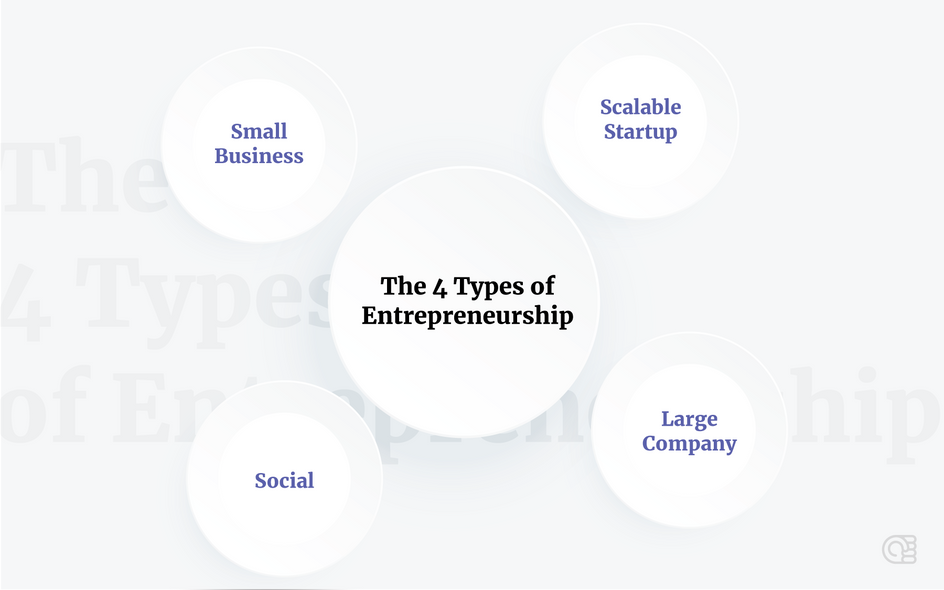Mediation; fast and affordable solution, How does mediation work in a business conflict? And why is it more effective and faster than court proceedings? The answer to those questions lies in the top 3 causes of conflict; clashing egos, miscommunication and mistrust. What stands out? Exactly, the content of a conflict is not listed! And what exactly is the job of a judge? Make a decision about the content of the conflict. It is therefore not surprising that parties are often still not satisfied after a verdict by the court. Mediation works differently. In mediation, the mediator guides the communication and negotiation process in order to reach a solution to the conflict. In this case, unlike in proceedings, it is less about the content in the first instance.
The mediator creates a situation in which the parties can work together to resolve the conflict. For this it is often necessary to first consider the situation as it was, is and ideally would be. If parties talk and negotiate about this in a constructive manner, it often turns out that they can also come up with creative solutions to the conflict. And often the relationship remains good! Nice that theory, but how does this work in practice? In a series of blogs I will take you through a number of practical examples in the coming period. I kick off with a mediation in a shareholder dispute.
Read more: jpost
Practical example: mediation in a shareholder dispute
Three shareholders own an IT company. Each has 33% of the shares. Shareholder X is the founder of the company. The other two shareholders joined later. The company has grown from 10 to 80 employees in five years. Now that the opportunity to take over a smaller IT company has arisen, the two shareholders who joined later want to continue to invest and grow. However, shareholder X no longer wants to take any risks. He also wants to prevent his annual dividend payment or his pension from being jeopardized by further investments. He lives big and doesn’t want to take a step back. This has led to friction among the other two shareholders for years.
The two shareholders want to move quickly and complete the acquisition before the end of the year. Shareholder X is fed up with that; it seems like he doesn’t matter anymore, all his arguments are thrown aside, his annual dividend payment is in jeopardy and he fears that his intended successor will leave because of the takeover. This would mean that he will have to work longer and will not be able to retire for the time being. Shareholder X decides not to participate in the takeover. The shareholders ‘ agreement is unclear on several points, such as investment and dividend issues.
The other two shareholders propose mediation. Proceedings against shareholder X would take too long and furthermore worsen the relationship. Shareholders are also concerned about the impact of a procedure on the business operations of the company and themselves.
The mediation
During the mediation, the shareholders immediately get into each other’s hair. Blame flies back and forth. The two shareholders accuse shareholder X of rigid behaviour, short-sightedness and selfishness. On the other hand, shareholder X reproaches the two others for not having an eye for the risks of the takeover, its impact on the current staff and indicates that he sees no urgency for the takeover. The mediator then asks the shareholders to explain how the image of rigid, short-sighted, selfish, (not) aware of risks, etc. has arisen. During this conversation it appears that shareholder X has had the impression for years that he has actually lost his IT company.
After all, he has often been diametrically opposed (and alone) to the other two shareholders, and in the end often gave in. Now that he needs the annual dividend payments and would like to retire, he has had enough. This time he keeps his leg stiff. And moreover, even if he wanted to take over, he can’t afford it financially. The other shareholders indicate that they admire the way in which shareholder X has set up and expanded the IT company. But in the confidentiality of the mediation they also indicate that they no longer see an equal partner in shareholder X. Shareholder X’s feeling was therefore partly correct.
The solution to the conflict
The shareholders agree that shareholder X will step down before the takeover, that he will remain involved in the IT company as an advisor for another five years and that he can retire earlier if he wishes (with a notice period of one year). In this way, the two other shareholders have their hands free for the takeover and further investments. Shareholder X receives a nice amount for his shares and has the opportunity to generate income for another five years.
They also agree that a grand farewell will be organized when X leaves. This is important to X because it shows appreciation for his contribution to the IT company and person. In this way, not only has a suitable solution been found for all parties involved, but years of costly proceedings have also been avoided. Win win!
Mediation benefits
Also read my earlier blog for the benefits of mediation in a business conflict . Summarized:
- you decide which solution you want.
- the costs are low.
- the process was completed very quickly, approximately 3 weeks is usual (approximately 3 conversations of 2 hours).
- you have a success rate of 80 to 90% to arrive at a solution.
- you can stop at any time.
- mediation is confidential.
Questions?
Do you have questions about the possibilities of mediation? Then contact us without obligation. The mediators of HJ Advocaten & Mediators are specialized in business mediations and work in accordance with the rules of the Dutch Mediators Federation (MfN).

